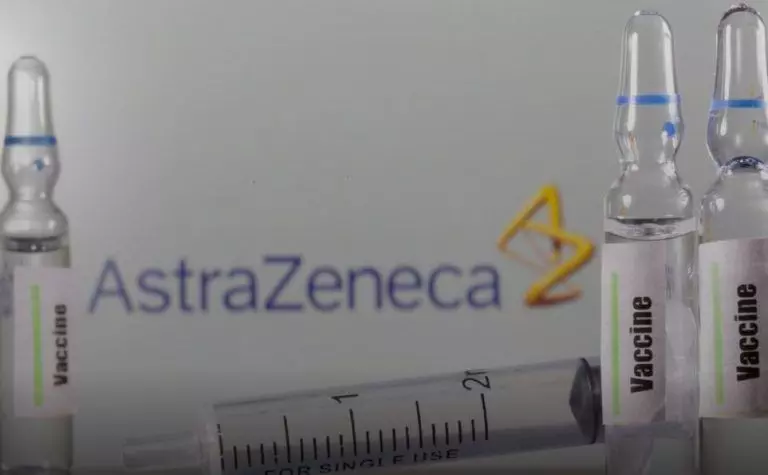
People under 60 in Germany who were given the AstraZeneca vaccine as their first dose will switch to a different vaccine for the second dose, German federal and state health ministers have decided. “The solution that has now been found offers good protection for people,” Bavarian lawmaker Klaus Holetschek, who chaired the Tuesday evening meeting, […]

People under 60 in Germany who were given the AstraZeneca vaccine as their first dose will switch to a different vaccine for the second dose, German federal and state health ministers have decided.
“The solution that has now been found offers good protection for people,” Bavarian lawmaker Klaus Holetschek, who chaired the Tuesday evening meeting, told dpa.
The second jab would be with either the Pfizer/BionTech vaccine or the Moderna vaccine, which were a good alternative especially in the third wave of the pandemic, Holetschek said.
The decision follows a recommendation by Germany’s top vaccine authority, Stiko, at the beginning of the month. Stiko head, Thomas Mertens, also joined the ministers’ session.
Only in individual cases and after an individual risk analysis with a doctor could AstraZeneca also be used for the second vaccination.
The decision comes after a few cases arose of cerebral vein thrombosis after vaccination with AstraZeneca that had led to a complete halt or in some cases just a pause, in the use of AstraZeneca in some countries for some age groups.
Experts suspected that the very low risk of thrombosis mainly affects younger people.
AstraZeneca is being used in Germany only for people over 60, who are at a higher risk of dying due to COVID-19.
Official figures suggest about 2.2 million Germans under 60 have already received a first vaccination with AstraZeneca.
On Tuesday, the use of Johnson & Johnson’s coronavirus vaccine was paused in the U.S. and its roll-out in Europe and in South Africa was delayed as health authorities investigate a potential link to rare blood clots.




